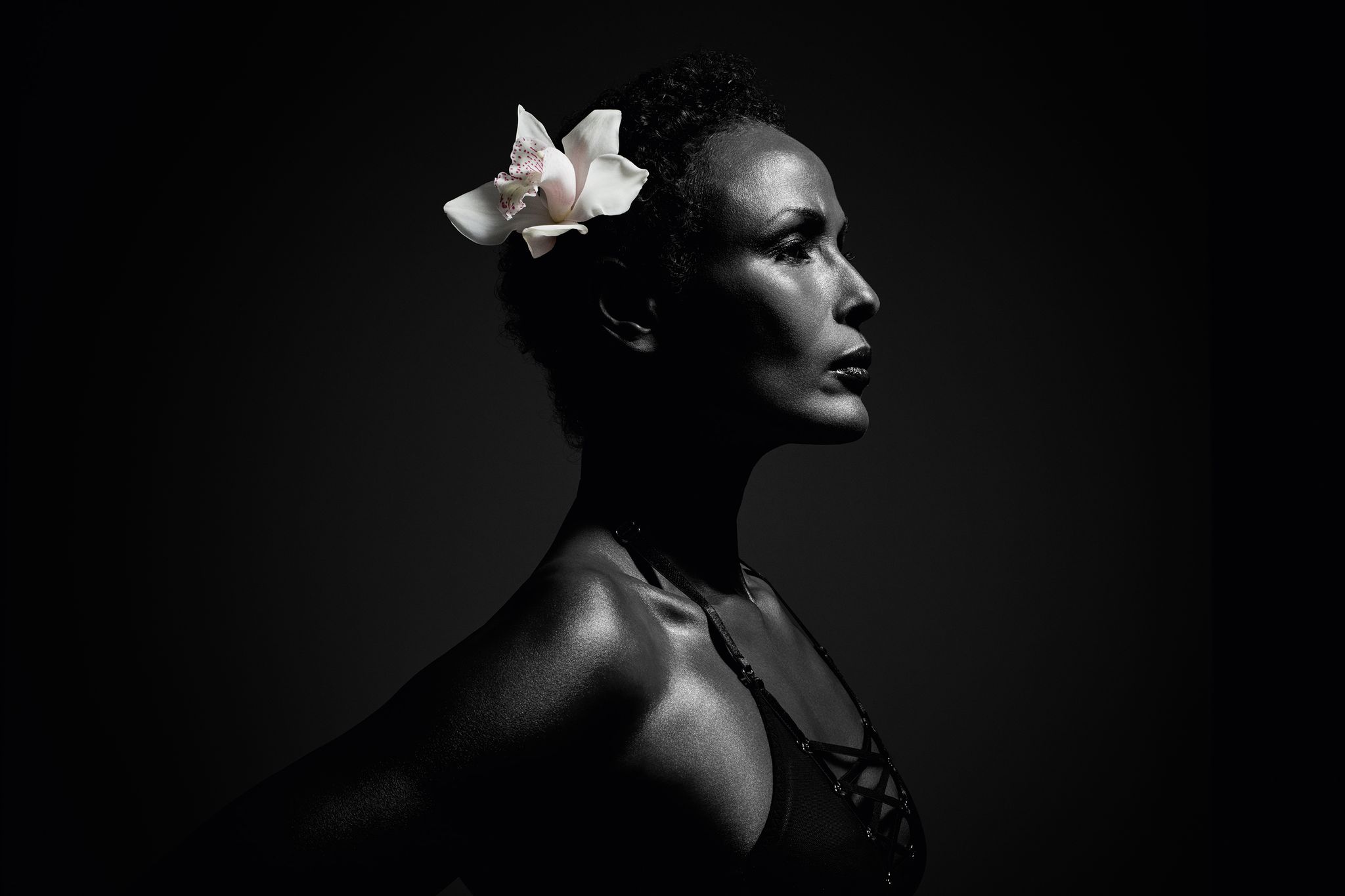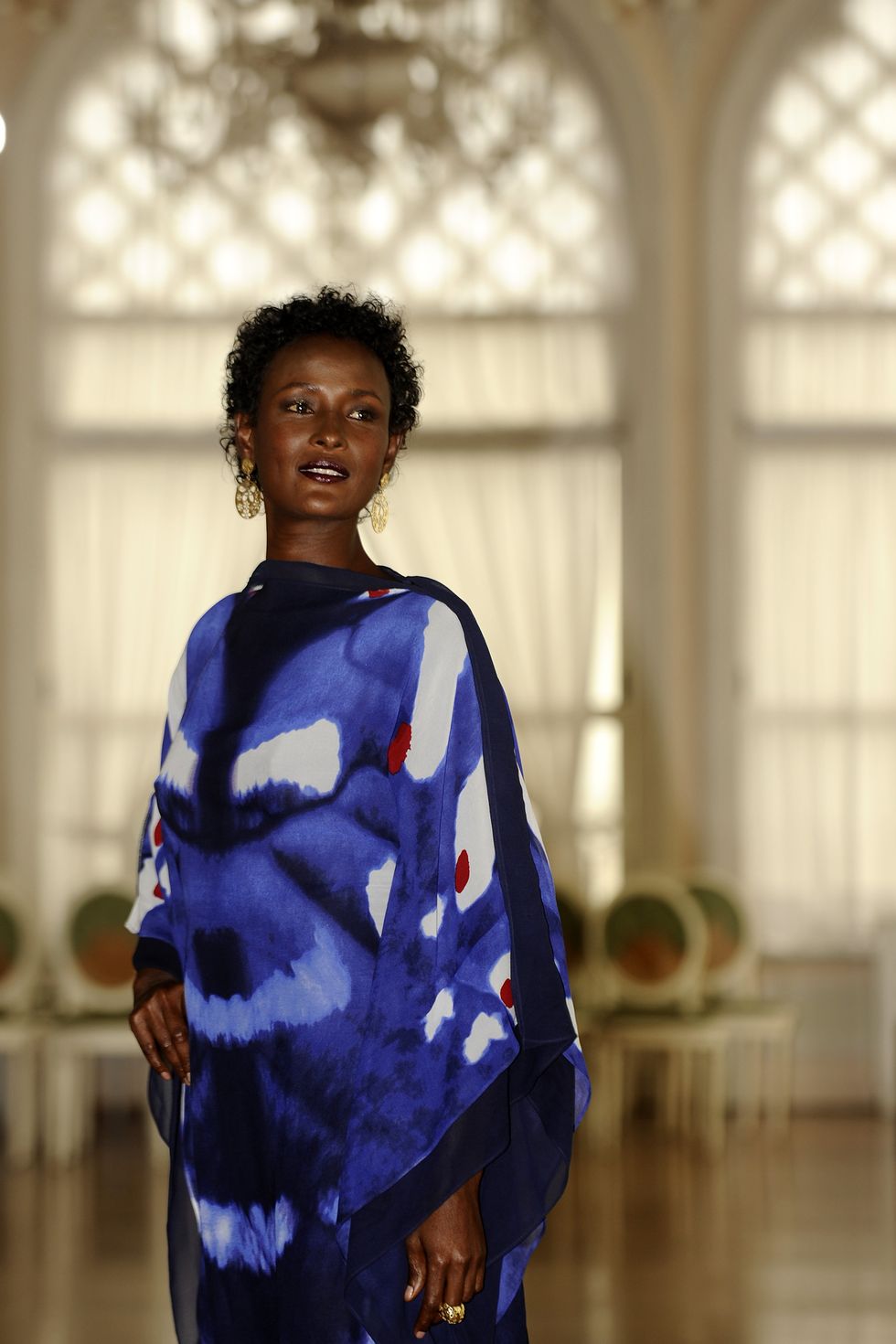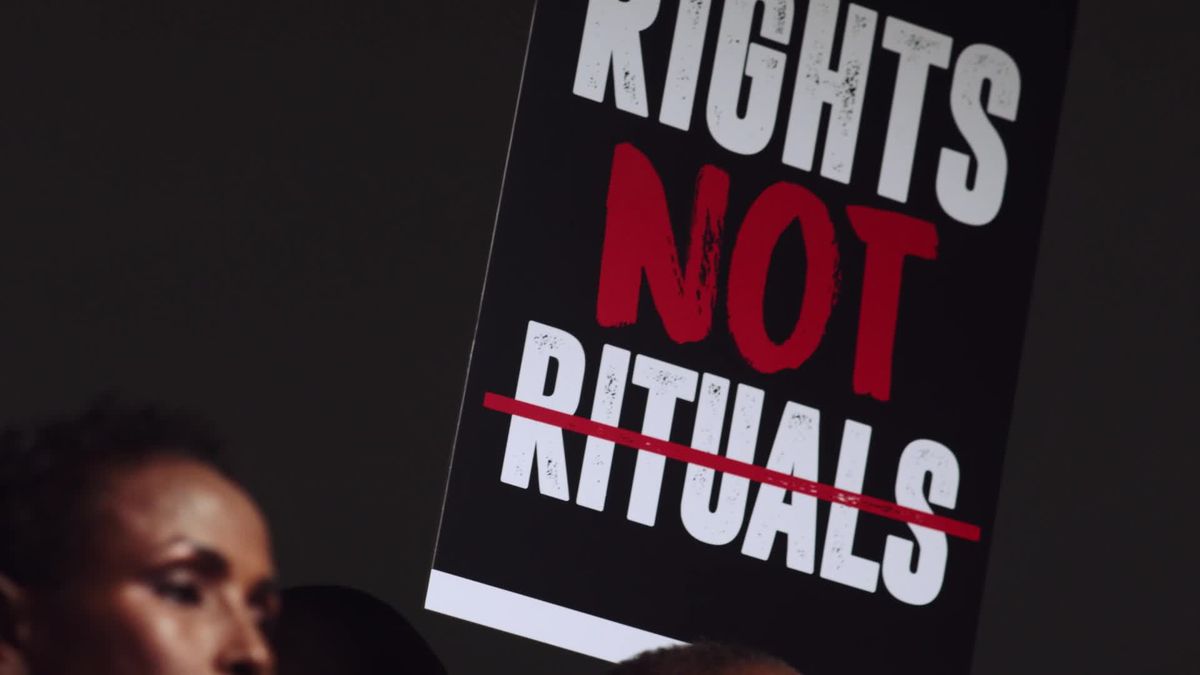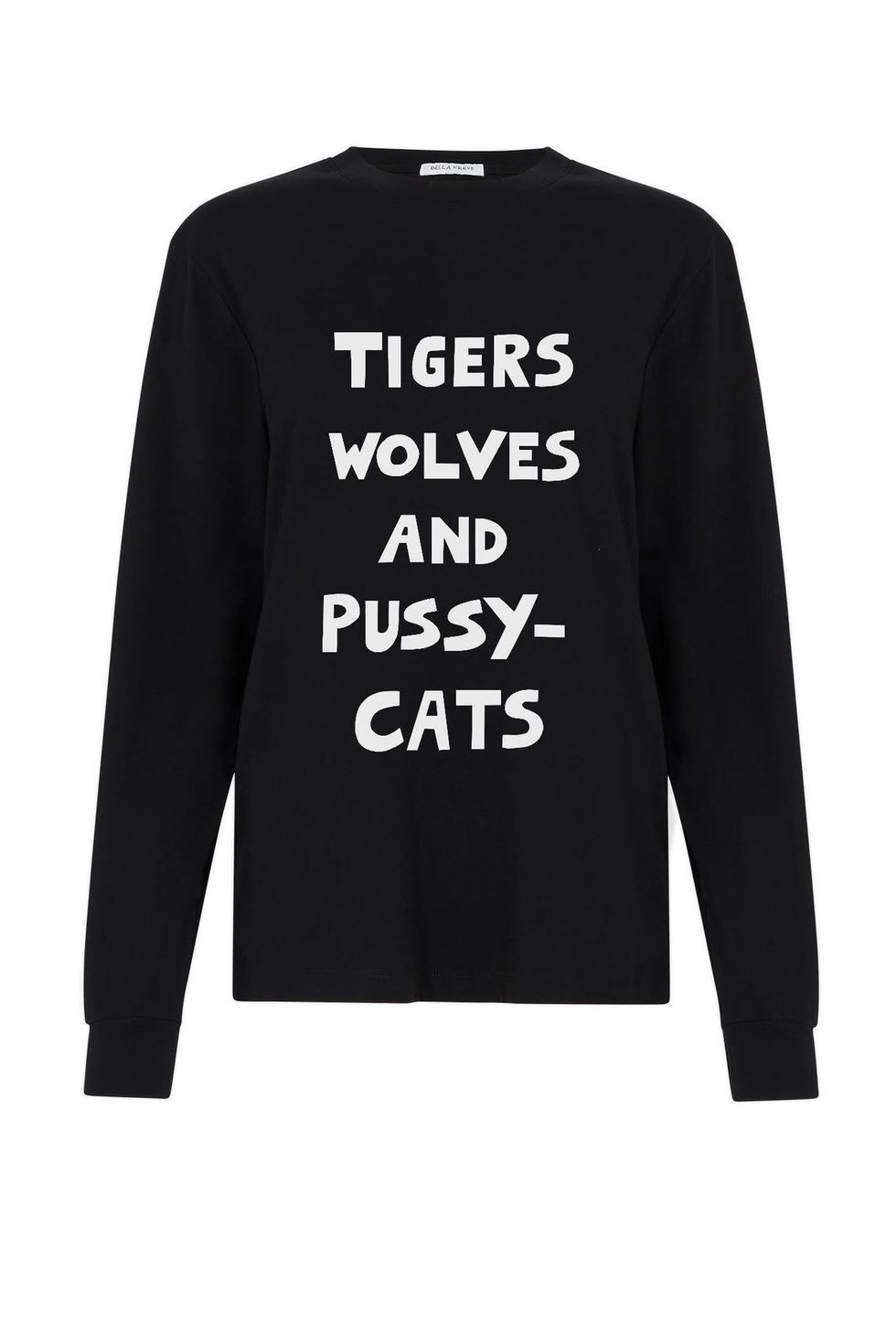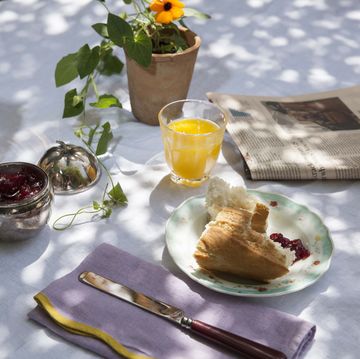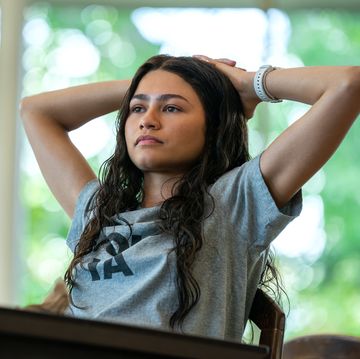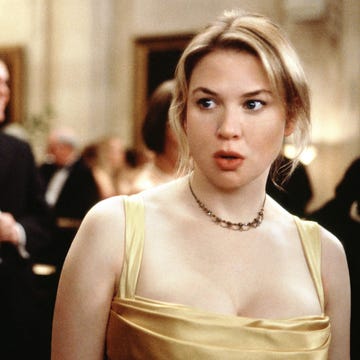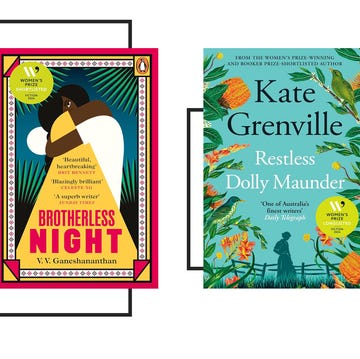When I was mutilated as a five-year-old girl in the Somali desert, I already felt and knew FGM was very wrong. I promised myself to fight against this cruel practice one day, not knowing how, when or where. You never recover completely from such a horrific experience. I felt a lot of anger towards my mother; it was she who held me down when it was happening. I couldn’t understand and accept her arguments that this torture and suffering of a little girl was Allah’s will. How can a good god let a girl suffer this way? Later, I forgave my mother. Today, she supports my fight against FGM.
I grew up in a society where you are not allowed to talk about sex. As a girl in Africa, you have no rights. First you are owned by your family and later by your husband or his family. You can be beaten up, raped, mutilated, sold, dismissed. Nobody will help you because you are just a girl.
When I was 13-years-old, I ran away from my family because my father tried to sell me for five camels to an old man who could have been my grandfather. I knew life could offer me better options and opportunities, but it took me years to overcome my trauma and to find my way to deal in a positive way with my sexuality. FGM is the most brutal crime you can do to a girl. The only reason it still exists is to control and to suppress girls and women.
Many years later, I decided to use my fame and profile as a supermodel to start my mission against FGM. In 1997, UN Secretary Kofi Annan appointed me as Special Ambassador in the fight against Female Genital Mutilation and in 2002 I founded my own organisation, Desert Flower Foundation. One of my future projects is to implement sexual education in schools in Africa as this is key for girls to live a self-determined life. We have saved more than 1,000 girls from FGM through our “Save a little Desert Flower” programme, but through our work and campaigns over 20-plus years, we probably have saved millions of little girls from a brutal practice that should have no place on our planet in the 21st century.
A lot has been done to stop FGM since I began my mission. When I started my fight, only four countries in Africa had laws against it. Today, only six countries in Africa have no laws against FGM. The latest studies published in the British Medical Journal show a massive decrease in this practice - the prevalence rate amongst girls up to 14 years old dropped in from 71% to 8% in East Africa and from 73% to 25% in West Africa. Over in North Africa, rates plunged from from 57% to 14% in the last 20 years. During my numerous trips to Africa, I meet many young mothers and fathers who oppose FGM now.
However, while numbers are dropping in Africa, it does still exist. I just came back from a very successful tour and campaign against FGM in Sierra Leone, a country with the highest prevalence rate of FGM in West Africa. While I was visiting one of our new Desert Flower schools with local journalists, a little girl died after in the neighbourhood after she was mutilated. Police immediately arrested the cutters and parents, but I was shocked and so sad I could not save this little girl’s life despite being so close to her house.
FGM is growing fast in the UK and all over Europe – and the UK and France have the highest numbers. European politicians need to take the problem more seriously. I demand from authorities obligatory and regular health checks for all girls threatened by FGM in Europe. FGM is the worst and most horrific form of child abuse and communities have to understand UK authorities show zero tolerance. They must show they are willing to protect any girl from any form of child abuse no matter if she is white or black.
The only way to stop this crime and madness is through education and raising awareness. The world often forgets that 250 million women around the globe have suffered FGM and millions of girls are still at risk. Therefore, I’m very happy Coco de Mer supports Desert Flower Foundation awareness projects with an impressive “End FGM” campaign video, launched last week, directed and shot by renowned British photographer and filmmaker Rankin. I am proud that my two sons Aleeke, 20, and Leon, 9, participated in the shoot showing their commitment to support my fight. The aim is to collect 10 million signatures by the end of 2019 to finally eradicate FGM indefinitely.
Coco de Mer has always stood for the empowerment of women and this cause is one that is very close to their hearts. The brand’s CEO and owner, Lucy Litwack, reached out to me as she wanted to discuss how we can work together to put a stop to this horrific practice. Female pleasure has always been at the forefront of Coco de Mer’s values and FGM is a direct disabler of this.
Women’s sexuality has been historically viewed as less important than men’s which demonstrates the deep-rooted inequality between the sexes. Our campaign strives to make it clear that enough is enough and that this will no longer be tolerated. FGM is not only a violation of a woman’s human rights but also a way for men to control and possess women in a way that has no place in the 21st century. We hope that using both our platforms, we can make people really listen to what is still happening around the world to so many girls. We need to break the silence.
As told to Ella Alexander
